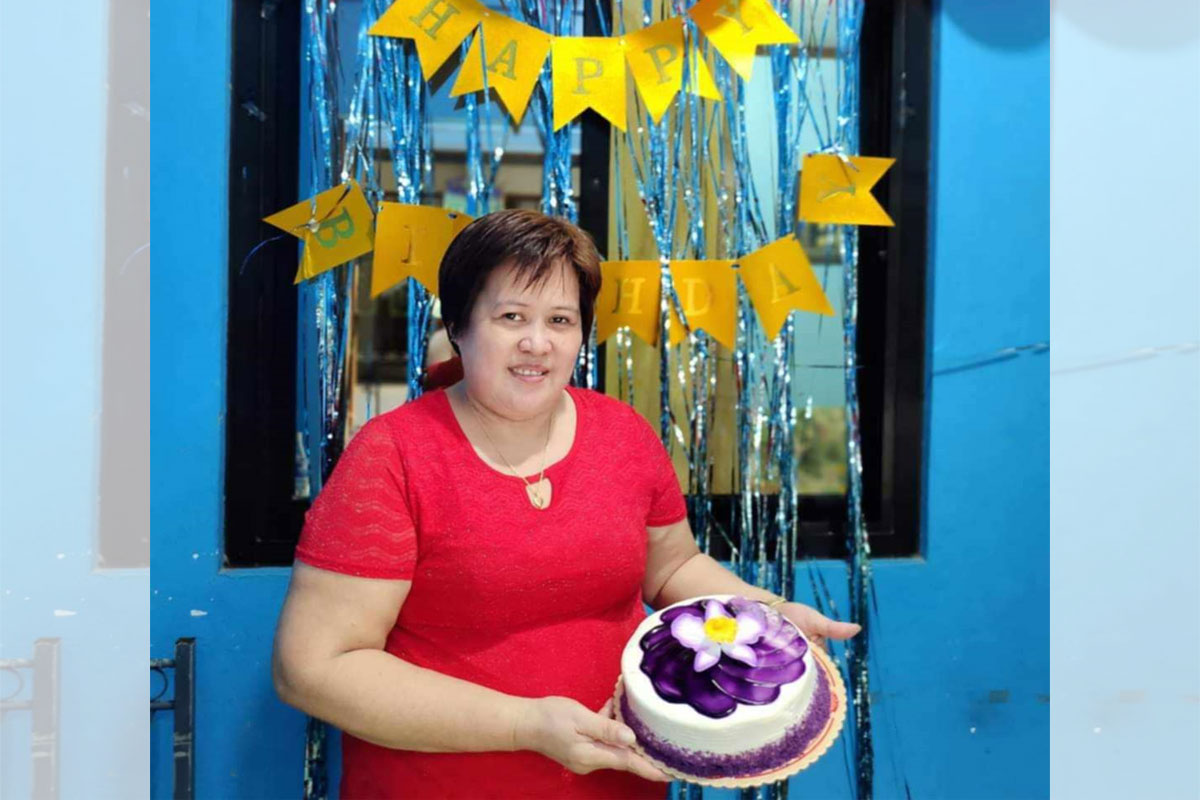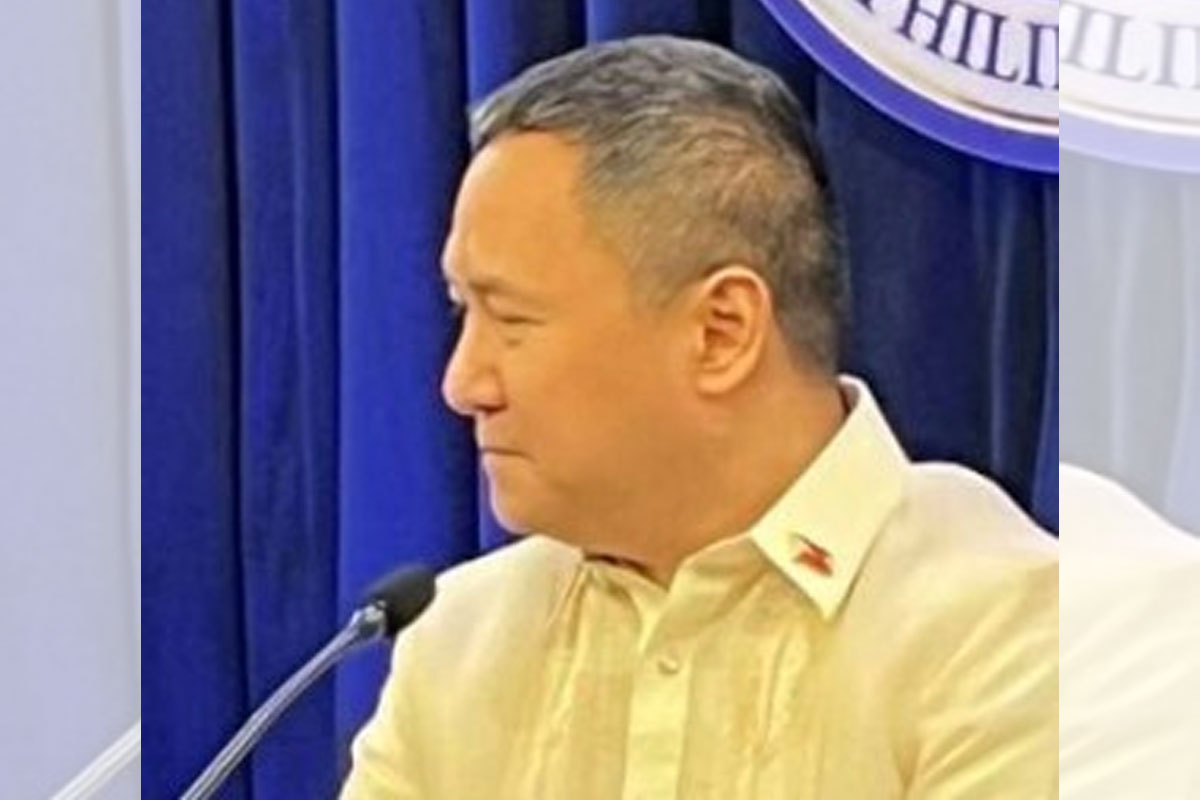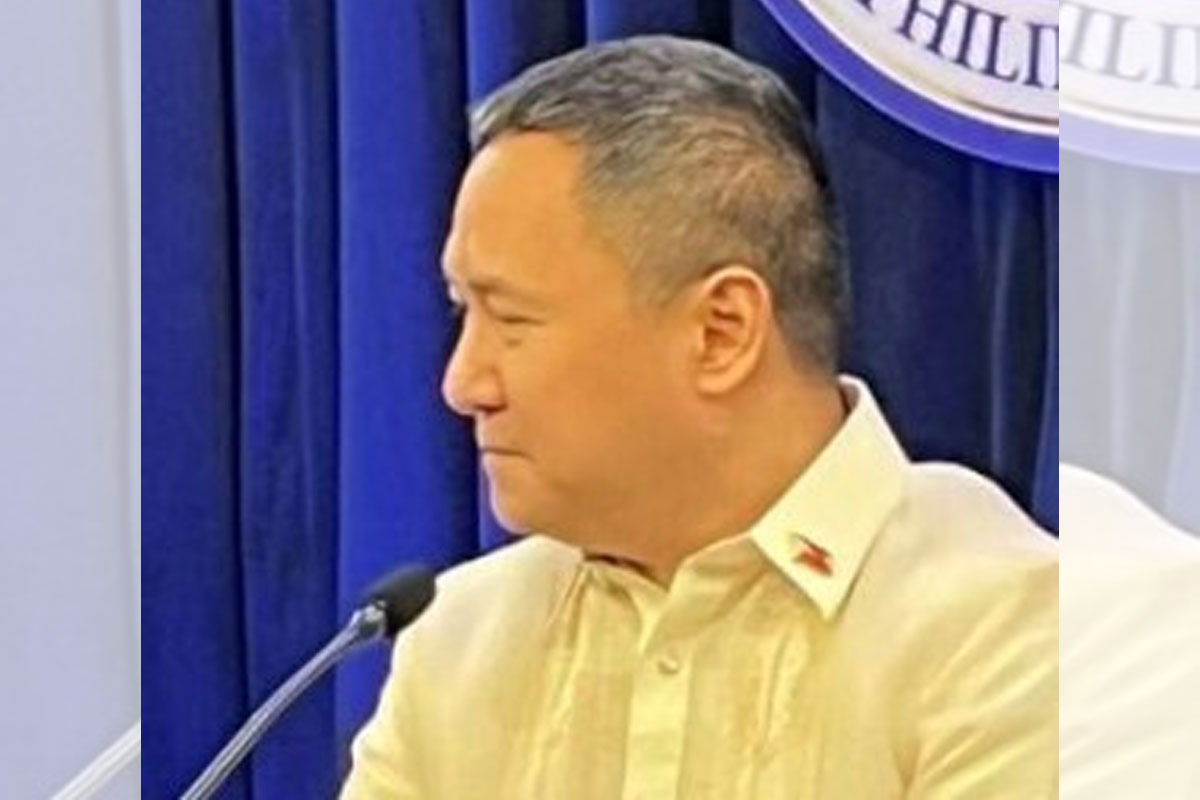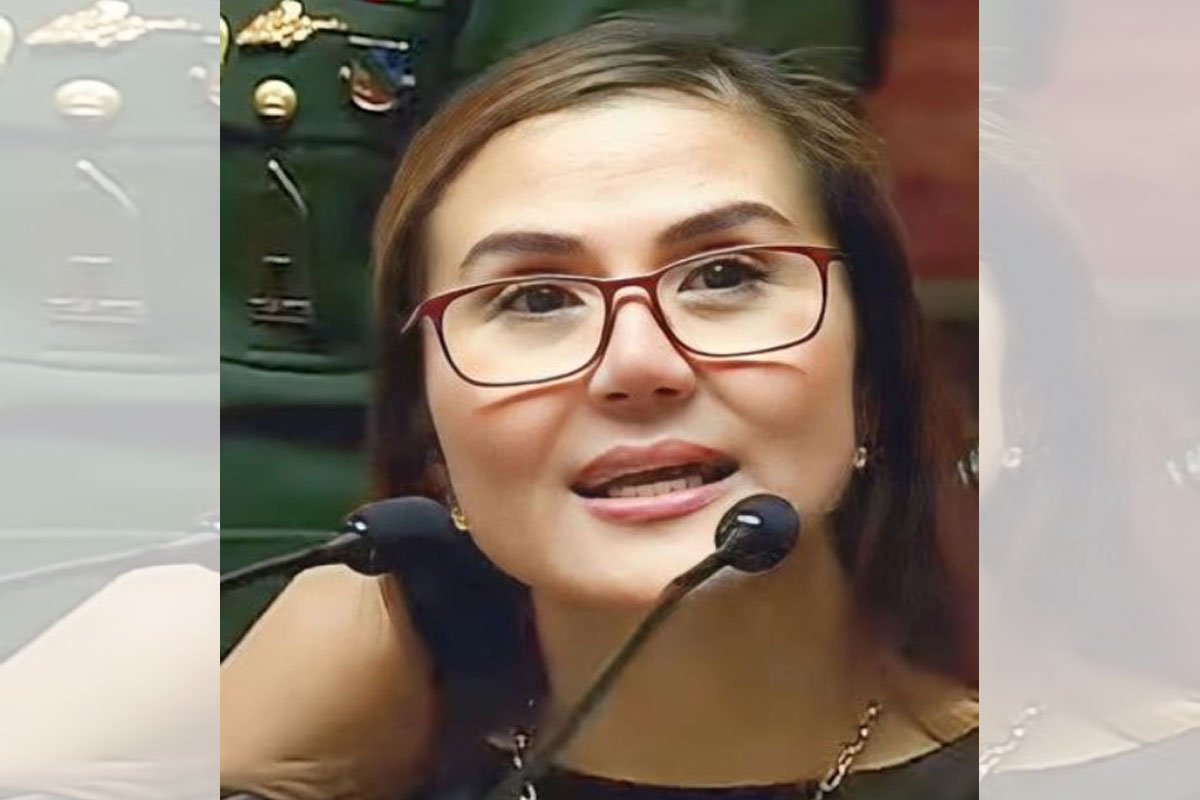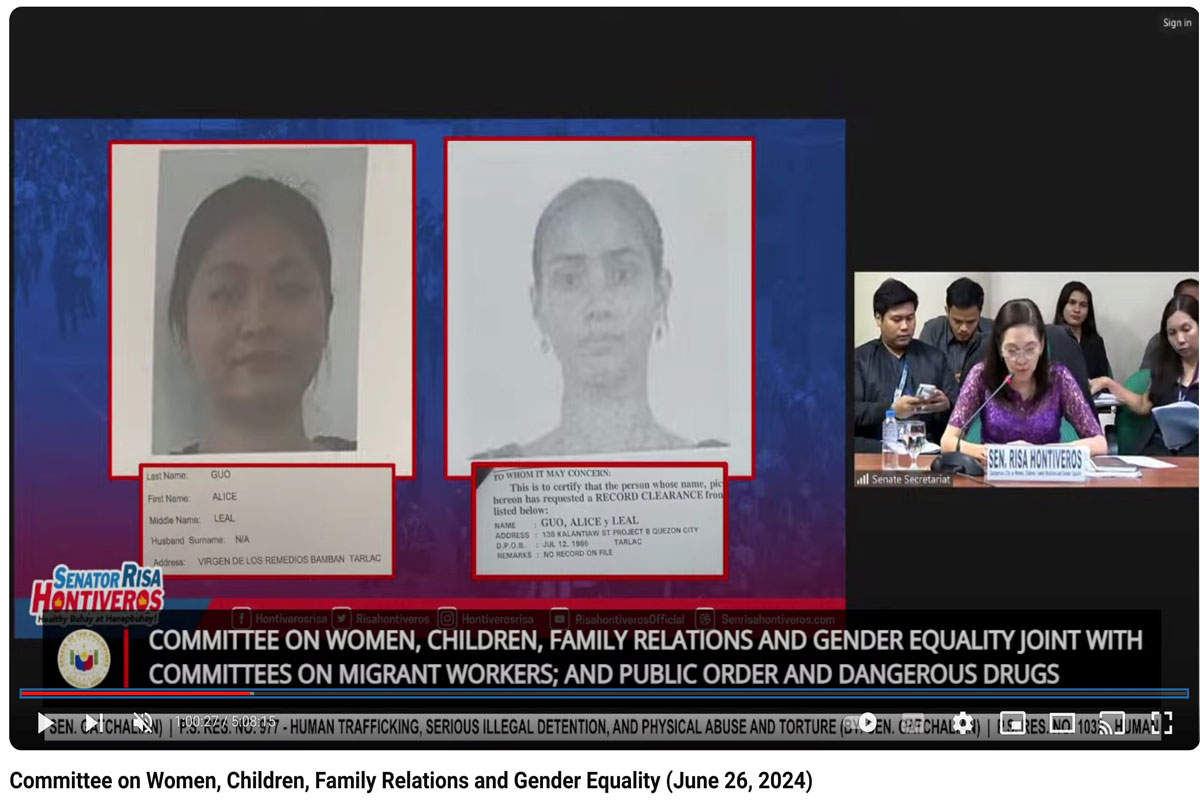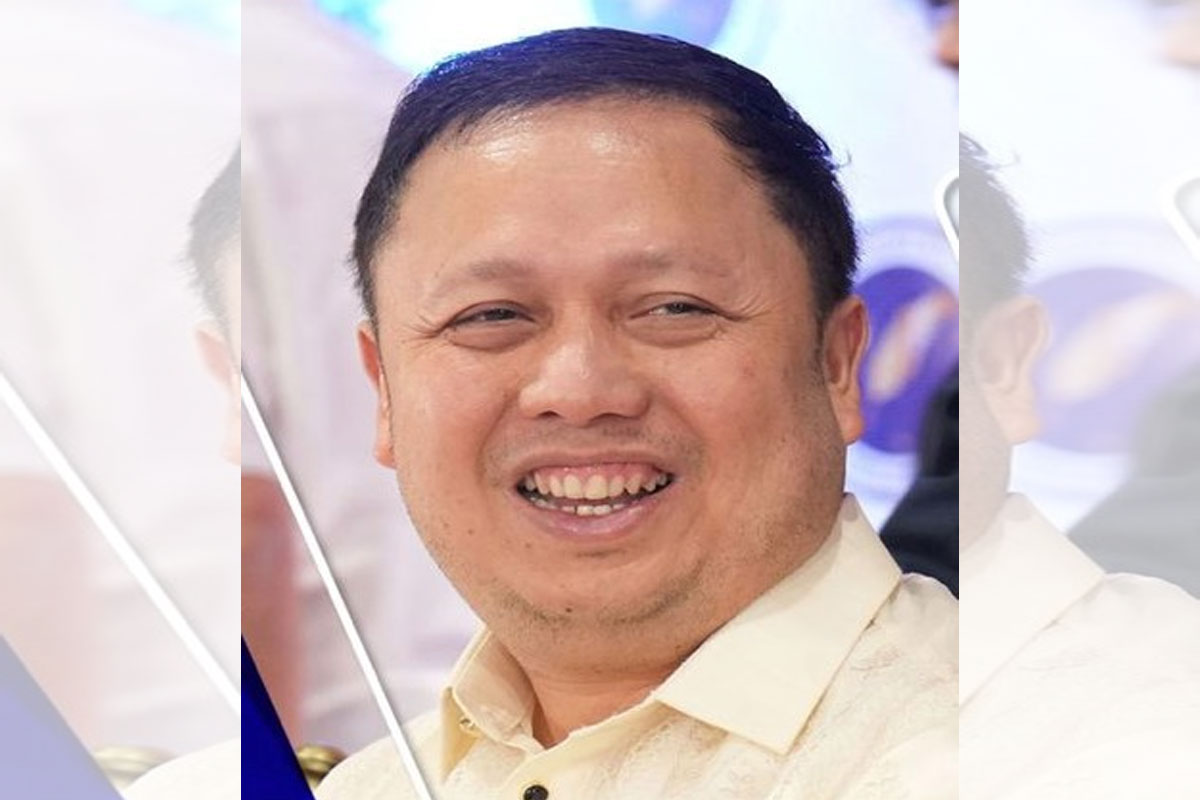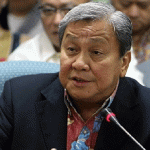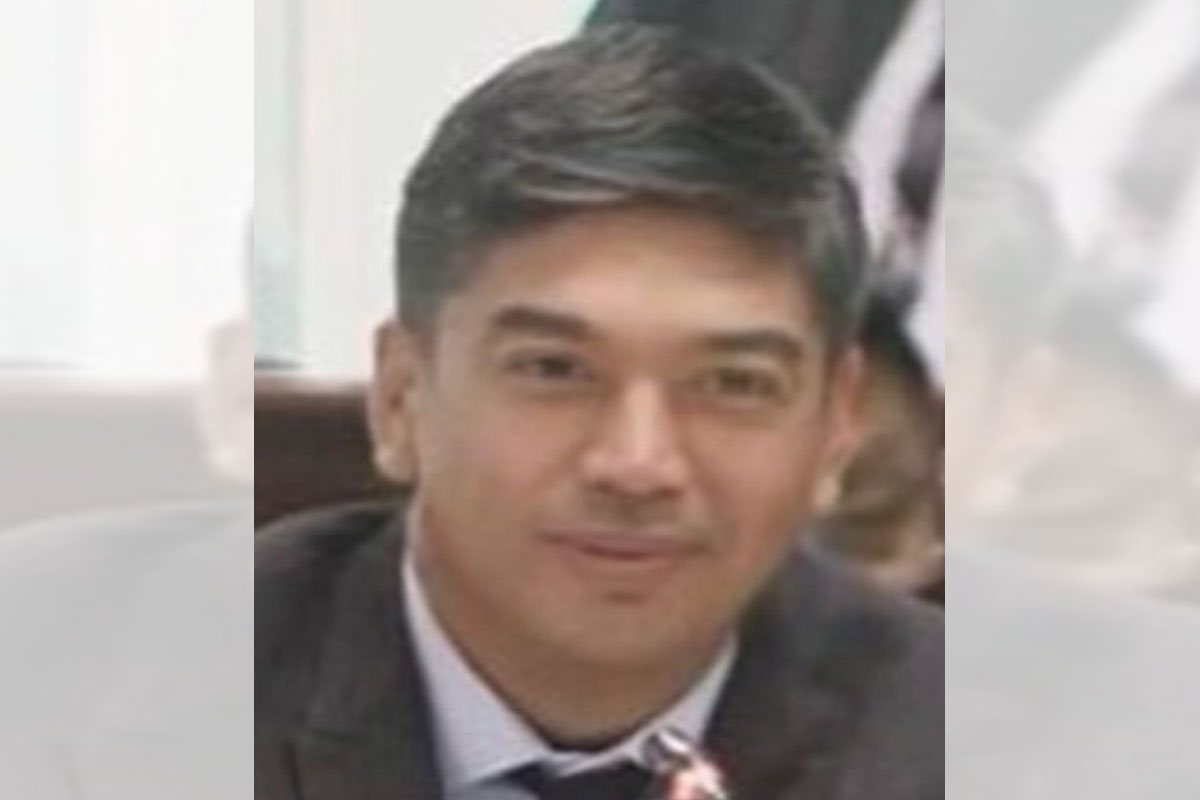
Villafuerte remains hopeful Senate will approve RBH 6
On watch of Senate President Escudero
CAMARINES Sur Rep. LRay Villafuerte is keeping his fingers crossed that constitutional reform can still move forward in the third and final session of the 19th Congress following the leadership shakeup at the 24-member legislative chamber that installed Sen. Francis Escuedro as Senate president in place of Sen. Juan Miguel Zubiri before the sine die adjournment.
Villafuerte hoped the President’s commitment to improving tertiary education would be the cue for senators to pass the pending measure in the Senate on constitutional reform, which seeks to lift foreign ownership restrictions on, among others, Philippine education to allow the entry of premier international higher education institutions (HEIs).
He expressed optimism on the prospects for constitutional reform to happen this year, as both Escudero and Speaker Ferdinand Martin G. Romualdez have separately bared plans to meet up this week to strive for a better working relationship between the Senate and House on priority issues, including Charter change.
“I prefer to look at the glass as half full rather than half empty in light of the commitment of both Speaker Martin and Senate President Chiz to work on mending what needs mending as far as inter-chamber working relationship was concerned,” Villafuerte,, one of the lead proponents of the House-passed Resolution of Both Houses (RBH) No. 7 on lifting the 40% cap on foreign ownership of certain Philippine businesses, said.
Villafuerte noted that Escudero, for instance, was reported as saying that discussions on RBH 6, which is the Senate’s version of the House-approved RBH 7, would be withdrawn from the subcommittee chaired by Sen. Juan Edgardo Angara and returned to the mother Committee on Constitutional Amendments and Revision of Codes headed by Sen. Robinhood Padilla, who is a staunch advocate of Charter change.
In the most recent media forum Kapihan sa Senado, Escudero said: “I expect to meet with him (Romualdez) soon during the break. To discuss the relationship … Mending what needs to be mended and establishing rules and protocols on how to coordinate with respect to what they are pushing for and with respect to what the Senate is pushing for and to be able to coordinate and avoid misunderstandings or any miscommunication.”
“Sa totoo lang, tutol ako noon na bumuo ng ganyang subcommittee (on constitutional amendments and revision of codes), dahil may committee naman na tumatayo ngayon, ang committee ni Sen. Robinhood Padilla. Hindi ko alam kung bakit inihiwalay iyan. Kung bakit hindi ibinigay kay Sen. Padilla iyan. Dahil may standing committee naman tayo tungkol diyan.”
Saying that it would be up to Padilla whether to continue conducting a hearing on RBH 6, Escudero said: “This (RBH 6) is a pending measure. So we have to decide one way or another, to go about it. But my thrust right now, without consulting my colleagues, is to assign where it should be assigned.”
Romualdez, in a chance interview, told reporters, meanwhile, that he would meet with his counterpart in the other chamber this week on Charter change, even as he expressed belief that the senators will consider passing RBH 7 now that they’re under Senate President Escudero.
Asked about what he thought the chances for constitutional reform to happen following the May 20 leadership change in the Senate, Romualdez said: “I’m sure that the Senate will consider it … the economic amendments to the Constitution … we will leave that up to our friends in the Senate, dun pa naka-pending.”
Villafuerte earlier welcomed President Marcos’ commitment to have tertiary education upgrade as “front and center” of his Administration’s national development agenda, and hoped this would be the cue for senators to support this lofty government task by giving their go-ahead to constitutional amendments, particularly the one allowing foreign schools to operate in the country, when the Congress reopens in July.
“Fingers crossed that the proposed reforms to take out the restrictive economic provisions in our Constitution that continue to impede FDI (foreign direct investment) inflows can still forge ahead in the Congress when it reopens in July with Sen. Chiz (Escudero) as Senate president,” Villafuerte said.
“I hope our senators would support the President’s goal for the country to produce better-skilled graduates who are ready for the highly competitive post-pandemic global economy by acting on RBH 6,” he said.
“Allowing the entry of premier foreign schools via constitutional reform will be one way for us lawmakers in the 19th Congress to support President Marcos’ commitment to put the improvement of tertiary education at the front and center of his Administration’s national development agenda,” Villafuerte said.
RBH 6 is similar to RBH No. 7, which the House already passed on third and final reading last March, as both limit proposed changes to the restrictive economic provisions of our Constitution by lifting the 40% ownership cap on foreigners in public services, advertising and education.
In the event that the Senate passes RBH 6, Villafuerte said he “expects smooth sailing for the passage of the final congressional bill at the bicameral conference committee level—and its subsequent ratification by both the Senate and the House—because the House-approved RBH 7 was patterned after RBH 6 in limiting the lifting of the 60-40 equity rule in the public services, education and advertising sectors.”
Villafuerte said that allowing leading educational institutions to put up schools in the country to level up our college graduates is necessary, considering the President’s observation at the recent National Higher Education Summit that not one of our higher education institutions (HEIs) has made it to the Top 100 schools in the Times Higher Education 2024 Asia University Rankings.
Speaking at the recent higher education summit at the Philippine International Convention Center PICC), the President said that in the face of the new requirements of the post-pandemic global economy, the Philippines’ higher education system needs to be “reconfigured to make it attuned” to such changes.
“We know that whatever is spent on education, we should never regard as an expenditure. It is an investment … It is an investment in our future,” President Marcos said. “That is why improving higher education—and making it responsive to the present and future needs of society—is front and center of this administration’s national development agenda.”
All members of the NUP, which is the biggest power bloc in the House next to the ruling Lakas-CMD headed by Speaker Romualdez, had supported RHB 7 when it was passed on third and final reading in the bigger chamber last March 20 by a vote of 288-8 with 2 abstentions.
Villafuerte pointed out that both RHB 6 and RBH 7 propose to insert the phrase “unless otherwise provided by law” to allow the Congress to later on write laws prescribing the level of foreign ownership in the three abovementioned sectors.
“The continuous failure of our country to reel in the enviable level of FDI inflows enjoyed by our Southeast Asian neighbors that have trailed the Philippines in terms of economic performance pre- and post-pandemic is proof that our constitutional restrictions on foreign participation in local businesses has put off investors from the international business community,” he said.
In fact, he said, while several of our neighbors whose economies have not been growing as fast our domestic economy have managed to cash-in on the FDI boom in Southeast Asia by hauling in more foreign investments, the volume of overseas capital entering the Philippines actually declined over the 2021-2023 period.
Villafuerte hoped that the two-year consecutive plunge in FDI inflows from $10.5 billion in 2021 to $9.5 billion in 2022 and $8.9 billion in 2023 would “somehow be the tipping point to convince senators that the Philippines will remain at the tailend of the region when it comes to investment generation, for so long as the restrictive economic provisions of the 1987 Charter stay—and continue to put off overseas investors.”
Although the most recent Bangko Sentral ng Pilipinas (BSP) data showed an increase in FDI net inflows to $907 million in January, Villafuerte said the BSP had projected full-year incoming FDIs to reach only $9 billion by end-2024, or lower than the $9.5-billion total in 2022.
Moreover, citing the Association of Southeast Asian (ASEAN) Investment Report 2023, Villafuerte bared that while FDI flows into the ASEAN rose 5.5% in 2022 to $224 billion, those that entered the Philippines fell to $9.2 billion that year from the year-ago’s $12 billion.
The Philippines, according to this comparative investment report, was behind five other ASEAN countries led by Singapore, as our share of FDIs dropped to 4.1% in 2022 from 5.7% in 2021.
“This to me is the most striking evidence that the outdated protectionist provisions of our Constitution make up the single biggest deal breaker for foreign investors,” he said, “and hopefully would impel our senators to greenlight RBH 6 to let the Philippines keep up with, or even overtake, our neighbors in attracting a far-up level of investments that would turbocharge our economy, create a lot of jobs and ameliorate the living standards of our people.”
Villafuerte said that in its 2024 National Trade Estimate (NTE) Report on Foreign Trade Barriers that was released last March, the US Trade Representative (USTR) Office concluded that the foreign ownership limitation continues being a barrier to trade and investments in the Philippines.
For the Foundation for Economic Freedom Inc. (FEF), he said, the removal of the constitutional restrictions on foreign investments is a necessary first step in attracting more FDIs inflows.
“We believe that removing the restrictions is a necessary condition since we have to open the door first for investors to be able to come in. For foreign businesses to benefit from better institutions and processes, they must enter the country first,” said the FEF, whose members include former Bangko Sentral ng Pilipinas (BSP) Gov. Felipe Medalla, ex-Finance Secretary Margarito Teves, and former Economic Planning Secretary Gerardo Sicat.
“The uncertainty in our economic policy framework stems from the contradiction between the restrictive provisions in our Constitution and the attempts to mitigate them through legislation,” the FEF added in a report.
Villafuerte agreed with Romualdez that the proposed economic amendments to the Constitution, as contained in both RHB 6 and RHB 7, make up the “last piece in the puzzle of investment measures” that the Marcos administration has been pursuing to make Filipino lives better—by way of sustaining high economic growth, creating more jobs and other income opportunities.


